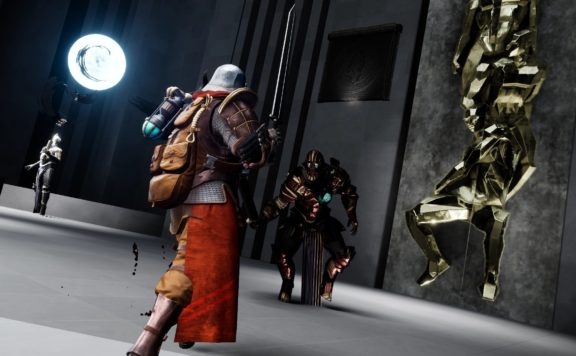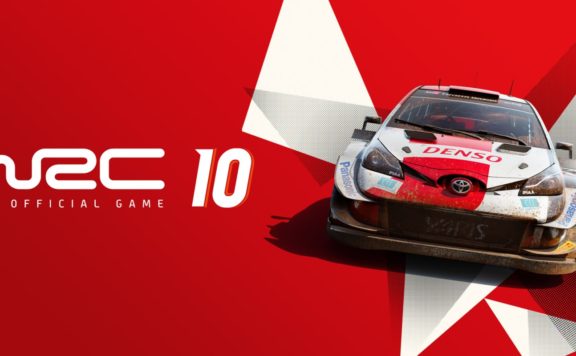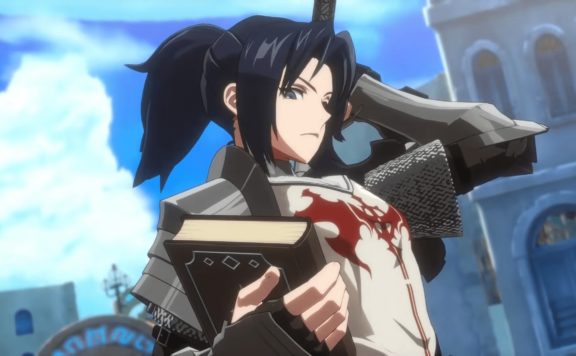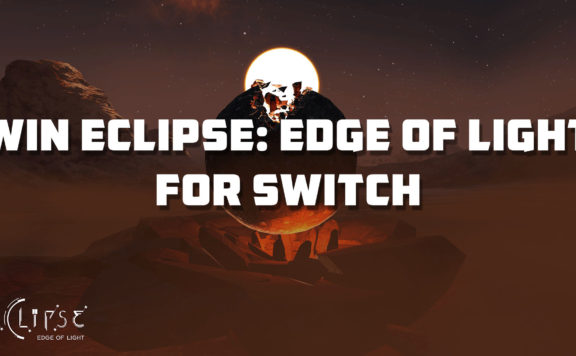What happens when you make a rougelike with one of Final Fantasy’s classic mascot characters fueled by the usual Square-Enix story charm? You get a game that probably looks a lot like a pushover. Don’t let the veneer fool you, though, because just like the titular chocobo, it will kick you in the face if you underestimate it. This is our Chocobo’s Mystery Dungeon Every Buddy review.
Available now on the Nintendo Switch and PS4, and reviewed on the Switch, Every Buddy is an HD port of Final Fantasy Fables: Chocobo’s Dungeon, which first came out on the Wii in 2008. It was one of those hidden gems that seemed like it got pushed aside by folks who wrote the Wii off as a shovelware-centric console, so seeing it get a new lease on life — especially on Nintendo’s most popular platform — was exciting. And while this game certainly is a port, it’s not entirely a direct translation. Not really.
Before I get in to that, let me set the scene: You play Chocobo, the treasure-hunting partner of Cid. In a chase for an item of power, Chocobo and company get thrown into the world of Memoria and the town of Lostime. The citizens of Lostime are plagued by the Bell of Oblivion, which eliminates the memories of those who hear its toll. It all seems dire until a comet lands in the town square and reveals a mysterious boy within an egg. Stranger still, this boy can actually form labyrinths of the shattered memories of citizens. Your quest: enter these labyrinths, restore the memories of the townsfolk, and unravel the mystery of Lostime.
….I contend that seeing all of that on paper is weird, but trust me, this is one of those narratives that you just have to ride along with for no other reason than “because JRPG logic.”
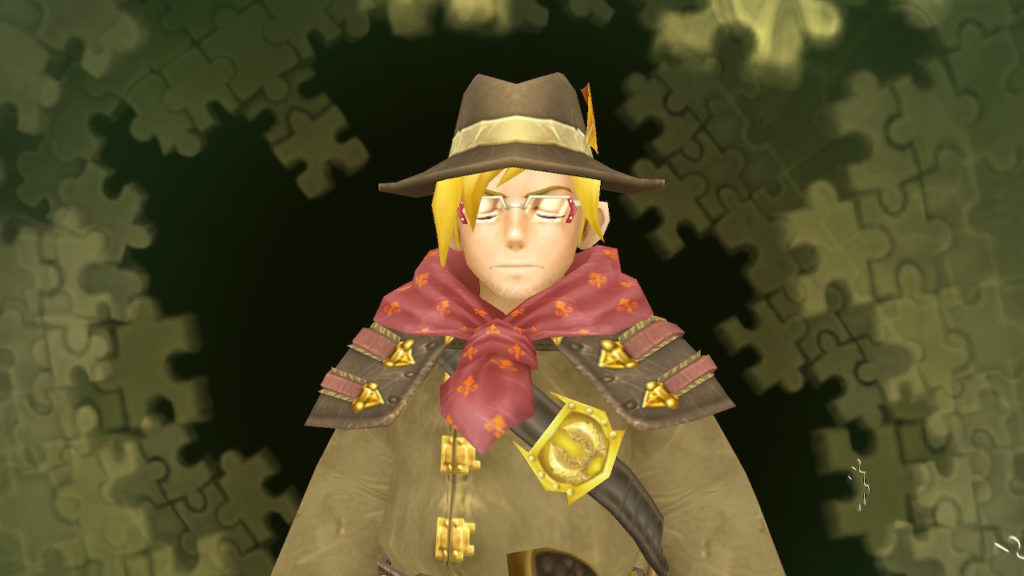
The labyrinths in question are the driving force in Every Buddy. This game absolutely plays like the classic Rogue of the subgenre’s namesake; every time you move or attack an enemy, enemies get to move as well. Further, if you die, you lose all of your items and gil. Granted, there is a mode that lets you keep your equipped items if you die, but everything else still goes poof, which is still extremely punishing.
Knowing the price of failure, strategy and deliberate movement is key to success. The compulsion to run around the randomly generated dungeons and just smack everything with your basic attacks is strong, and it will get you by in the first few levels, but later on you’ll absolutely set yourself up for defeat. This sense of strategy is further enhanced by the addition of the classic Final Fantasy Job system, granting Chocobo new classes to play as with an adorable outfit to match.
All of this is pretty much a direct port of the Wii game, but there’s one significant addition: the Buddy system. Provided you’ve picked up enough Buddy Points of a certain monster type, you can unlock that monster as a companion to join you. Each monster buddy has their own stats, elemental weaknesses and resistances, and abilities that further layer on the strategic options. Even better, a friend can take up control of your buddy in couch co-op, though doing so shuts off the variety of classic FF series tunes in favor of this obnoxious version of the Chocobo theme.
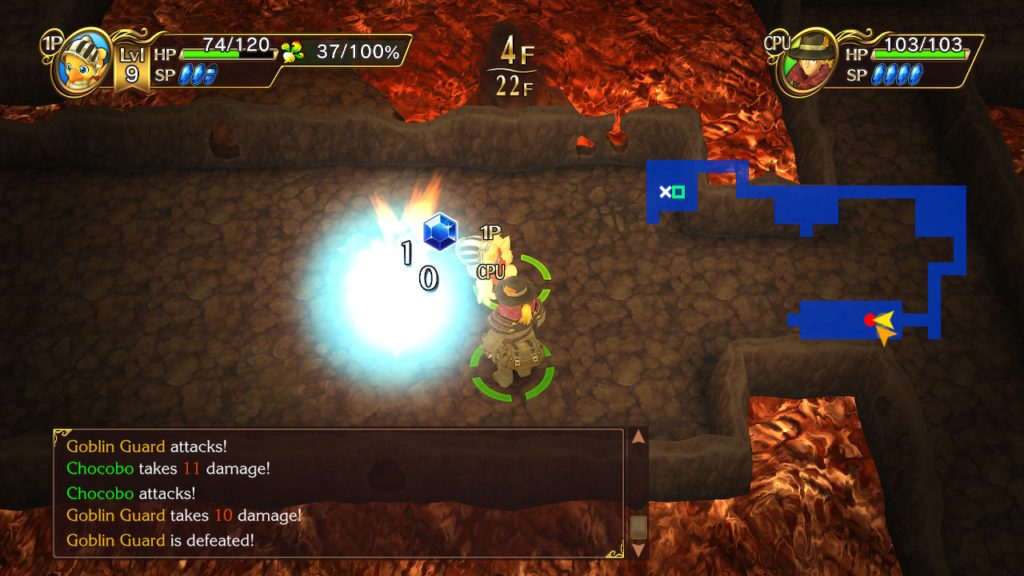
I keep prattling on about the game’s challenge level, but I really can’t state this enough: This game will gladly beat you up and take your lunch money if you’re not careful. The opening dungeons are good learning experiences and prepare you for what’s to come, but then the Fuego Mines open up and Every Buddy just seems to get fed up with being nice to you.
Mercifully, there are a few ways to mitigate the sting of dying. You can store a number of items and gil so you always have something to fall back on. There’s also plenty of ways to improve your equipment, with buffs to attack or defense applied by Honing equipment, and special effects or resistances applied by way of Brands. In the finest tradition of Square-Enix games, its simplistic appearance belies a number of deep systems.
In spite of all of these great things, Every Buddy still has a couple of flaws that are worth mentioning, and most of them have to do with the game’s RNG.
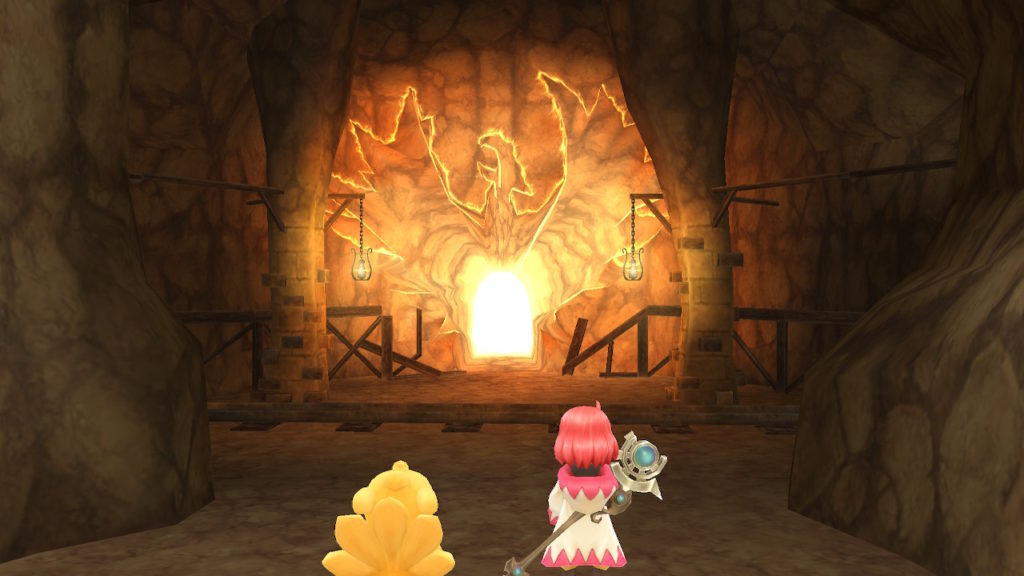
As deep as the game’s systems can be, the dungeons — the very heart of the game, remember — are just a bit too random. More often than not, you can find yourself on the back heel (talon?) quickly if you get a series of bad map layouts and monsters. Additionally, finding loot within these dungeons is just as random, be it new gear, Job Points to level up your Job, or Buddy Points to unlock new monster friends. It’s a double RNG sandwich that can get boring after a long while. There are Challenge Dungeons that try to spice things up a bit by applying modifiers like removing the buddy system or removing your items, but even those tweaks are impactful enough.
Additionally, the challenge presented by this game can generally be dulled to the point of near-toothlessness by grinding out levels. Which has you entering dungeons over and over and over. Which, again, can get boring.
Even so, there’s something about this game that just appeals to me. Perhaps it’s counting on the heavy handed use of Final Fantasy nostalgia to see it through, or maybe I really am a masochist. Whatever the reason may be, I very often dutifully report to Chocobo for my daily whipping.
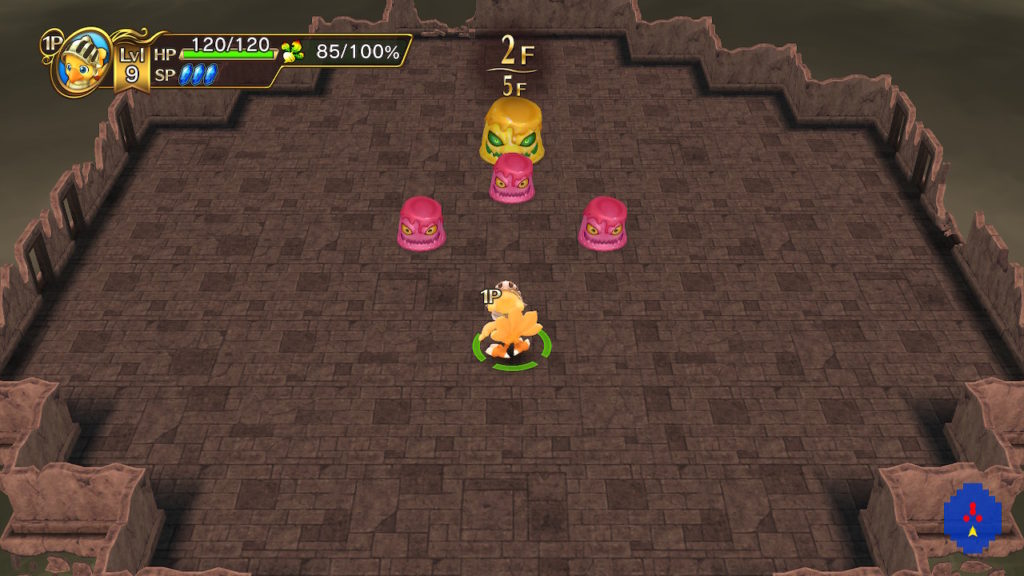
Square-Enix just seems to have this odd love affair with kicking out wonky HD remasters. The Secret of Mana remaster had this inexplicably intoxicating mash-up of doing new things and nostalgic nods with just looking and feeling….wonky, for lack of a better term. Every Buddy seems to continue this odd little tradition with a remaster to a generally obscure game that provides you with some deep RPG gaming and some generally solid levels of challenge.
I don’t know what it is, but I just keep playing.

